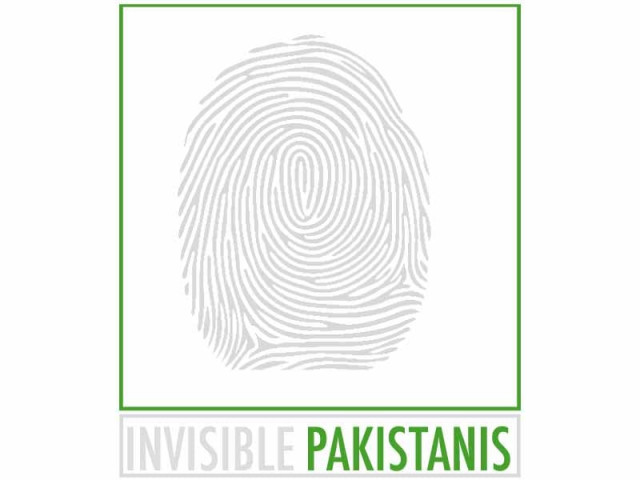Identity crisis: For lack of a surname
Thousands of children can’t go to school because they do not know their father’s name.

Thousands of children can’t go to school because they do not know their father’s name.
A few rays of sunlight creep into in a small, dark room hit earlier by a spell of load-shedding. In this room, one of two that form part of a makeshift school, 9-year-old *Akmal sits on a rickety desk with a second-hand Urdu qaaida.
This is perhaps his first encounter with a book. One of the many vulnerable children born to commercial sex workers in Shahi Mohalla Lahore, his reason for never having been to school is not just poverty. The reason is darker and more complicated. Akmal does not know his father’s name and so does not have a B form.

Thousands of Akmals are unknown, unregistered and invisible. Registration laws are a tightened noose not just for the children of sex workers but also orphaned or abandoned children, making options of a better life limited for them.
“I want to be a teacher when I grow up,” says the naive boy. In absence of a legal identity, the probability is less that he will be able to go beyond the initial Jugnu Literacy Program taught at this small centre in the infamous Heera Mandi. “We have been trying to sensitize nearby public schools to admit these children so that they have a chance at a better life. But in absence of a B form and with the stigma attached, they are not readily accepted,” says Lubna Tayyab, founder of the NGO called SHEED running the small program, herself born and bred in Shahi Mohalla.

“Since generations, women of my family have been in the flesh trade. I don’t want my daughter to have the same life. If she doesn’t get an education, how will she get out of here?” says *Samina, a sex worker and mother of three.
Of identity and crisis
“Unregistered children, whether of commercial sex workers or otherwise, can be at a highly disadvantageous position in several ways, especially those belonging to socially excluded communities.
They don’t figure in government planning. For all developmental purposes such as education, health and social welfare services, without birth registration and due to the inordinate delays in census, most government planners are unaware of certain population groups and demographic changes, thus, they are more likely to miss out on social services,” says Sohail Abbasi, Child Protection Specialist, Unicef.
As Abbasi rightly points out, without birth registration, these children lack credible identity and age determination.

The children who come into conflict with law, or are trafficked internally or externally, or are married at an early age, or are exposed to hazardous labour will all face difficulties as they cannot legally prove their identity and/or age. A similar fate awaits unregistered children claiming their rightful inheritance or facing custody determination by a court of law.
“The government links certain services, such as, admission in schools, issuance of domiciles, proof of citizenship and later CNICs, with birth registration. Therefore, children without legal identity and determination of age are in a highly disadvantageous position,” points out Abbasi.
NADRA’s version and the way forward
The National Database and Registration Authority (NADRA) says that it has facilitated registration of such children at a policy level and eased the condition of providing a guardianship certificate.
On a Rs20 affidavit, NADRA says, any supposed name of parentage can be given by the orphanage/guardian so that the same may be entered in the father/mother field. For this NADRA acquired fatwas from Saudi Arabia and Iran which support the idea of giving any supposed name (which cannot be called a fake name), giving the benefit of doubt that the names cited are indeed of the father/mother or guardian of the child. No birth certificate is required from abandoned or fatherless children for registration with NADRA.
NADRA encourages orphanages to register themselves with the authority. They have so far 31 orphanages that are registered with them, and as per their given record there are 6,045 children residing in these orphanages.
Through these orphanages these children can apply for issuance of CNIC/NICOP/CRC. Recently, NADRA chairman has also ordered the issuance of SMART cards (free of charge) to these children.
The answer, then, may very well lie with policymakers to not just facilitate registration of every Pakistani citizen but also work on sensitisation of masses so that they realise the importance of becoming registered citizens and not unnumbered just shadows lurking in the dark.
*Names changed to protect identities.
Published in The Express Tribune, August 25th, 2013.


















COMMENTS
Comments are moderated and generally will be posted if they are on-topic and not abusive.
For more information, please see our Comments FAQ